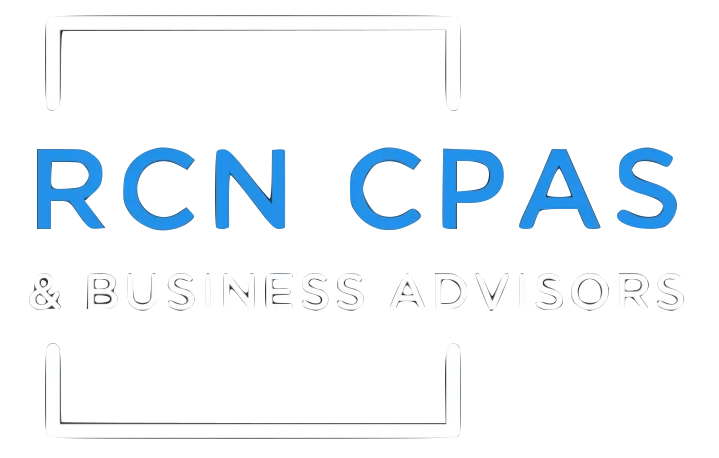Quick Facts About Health Saving Accounts
There will always be ongoing debates about health care costs and options available due to the potential of health costs becoming significantly steep. A lack of control sometimes leads to inappropriate decisions with healthcare choices, particularly when people feel limited.
With better control of healthcare funds, individuals can make smarter decisions when choosing the quality of their care. This is possible with the Health Savings Account.
What is a Health Savings Account (HSA)?
The Health Savings Account (HSA) is a form of insurance for health care expenses. It is similar to a personal savings account and is fully owned and controlled by the account owner. The funds within the account can be used to cater for co-payments, deductibles, co-insurance, and additional healthcare-based expenses to lower your total cost for healthcare.
Understanding HSA
To understand the Health Savings Account, consider the reason you want the account.
A savings account implies that you are looking towards a future need. Therefore, this account is ideal if you are in excellent health but want to save for the future when you may need additional healthcare support. It is also ideal if you are heading towards retirement and require funds for your healthcare.
However, this type of health savings is not appropriate if you want to put funds aside for a high-cost procedure in the immediate future.
Eligible for HSA
To benefit from health savings account, you need to have a high-deductible health plan (HDHP), which is a specific type of health insurance. The contributions to this account can be made directly by the account holder, or by their employers.
Second, you should not have enrolled in Medicare, and have no additional health care coverage.
Furthermore, if you are dependent on someone else’s tax return, you do not qualify to have an HSA.
Benefits of HSA
Here are four excellent benefits of the HSA: –
- The funds in the account are not taxed.
- Non-taxable interest can be earned with an HSA.
- You can decide how much you want to save and where to spend your money.
- Any unused balances at the end of the year can be carried forward to the next year.
With these benefits in mind, it is also essential to note that you cannot use the funds in your HSA to pay for your premiums.
Through the Coronavirus Aid, Relief, and Economic Security (CARES) Act, it is possible to use your HSA funds to purchase health products and over-the-counter medications.
Getting help from RCN CPAs & Business Advisors
As HSAs are fairly new, get the support and assistance of a qualified CPA when opening one. With this support, you can determine how much to contribute each month if you are fully eligible for an HSA and any additional benefits you may be eligible for. For 2022, begin by checking your HDHP to determine if it is HSA-eligible for an individual or family.





